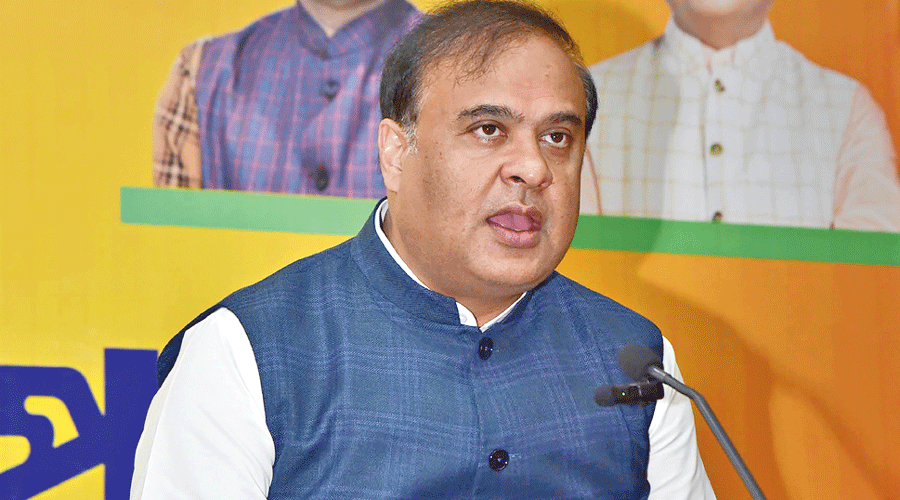
On Thursday, the Assam Assembly passed the Assam Repealing Bill, 2024, which effectively nullifies The Assam Moslem Marriages and Divorces Registration Act, 1935. This move, driven by the BJP-led government under Chief Minister Himanta Biswa Sarma, has raised concerns and sparked criticism, particularly from opposition parties and Muslim communities.
While the government asserts that the new legislation, the Assam Compulsory Registration of Muslim Marriage and Divorce Bill, 2024, aims to tackle issues such as child marriages by bringing Muslim marriage and divorce registrations under state control, the approach appears heavy-handed and potentially discriminatory. The traditional "qazi" system, where clerics handle such registrations, has long been a cultural and religious practice among Muslims. By mandating state registration, the government seems to be imposing a one-size-fits-all solution that may undermine religious freedoms and community autonomy.
Revenue and Disaster Management Minister Jogen Mohan's arguments that the old law had several shortcomings, including non-mandatory registration and informal mechanisms leading to legal disputes, do not necessarily justify the complete repeal of a longstanding system without sufficient consultation or consideration of its cultural significance. The move seems to be part of a broader agenda by Sarma's government, which has been vocal about implementing a uniform civil code and addressing what they perceive as demographic threats posed by Assam’s Muslim population.
Critics argue that the bill is less about protecting women's rights or preventing child marriages and more about exerting control over Muslim practices. The government’s rhetoric, including Sarma's controversial claims about Muslim population growth outpacing that of Hindus, further fuels concerns that this legislative change is part of a strategy to polarize voters along religious lines. The focus on redefining minorities on a district-wise basis and the emphasis on a perceived demographic imbalance seem to be driven more by political motives than genuine concern for social justice.
While the government portrays this as a progressive step towards curbing child marriages and reinforcing legal marriage practices, the underlying intentions and the potential consequences of such a move could lead to further alienation and mistrust among Assam's Muslim population. The bill may indeed address some legal inconsistencies, but the broader implications for communal harmony and religious freedom cannot be ignored.
_edited.png)